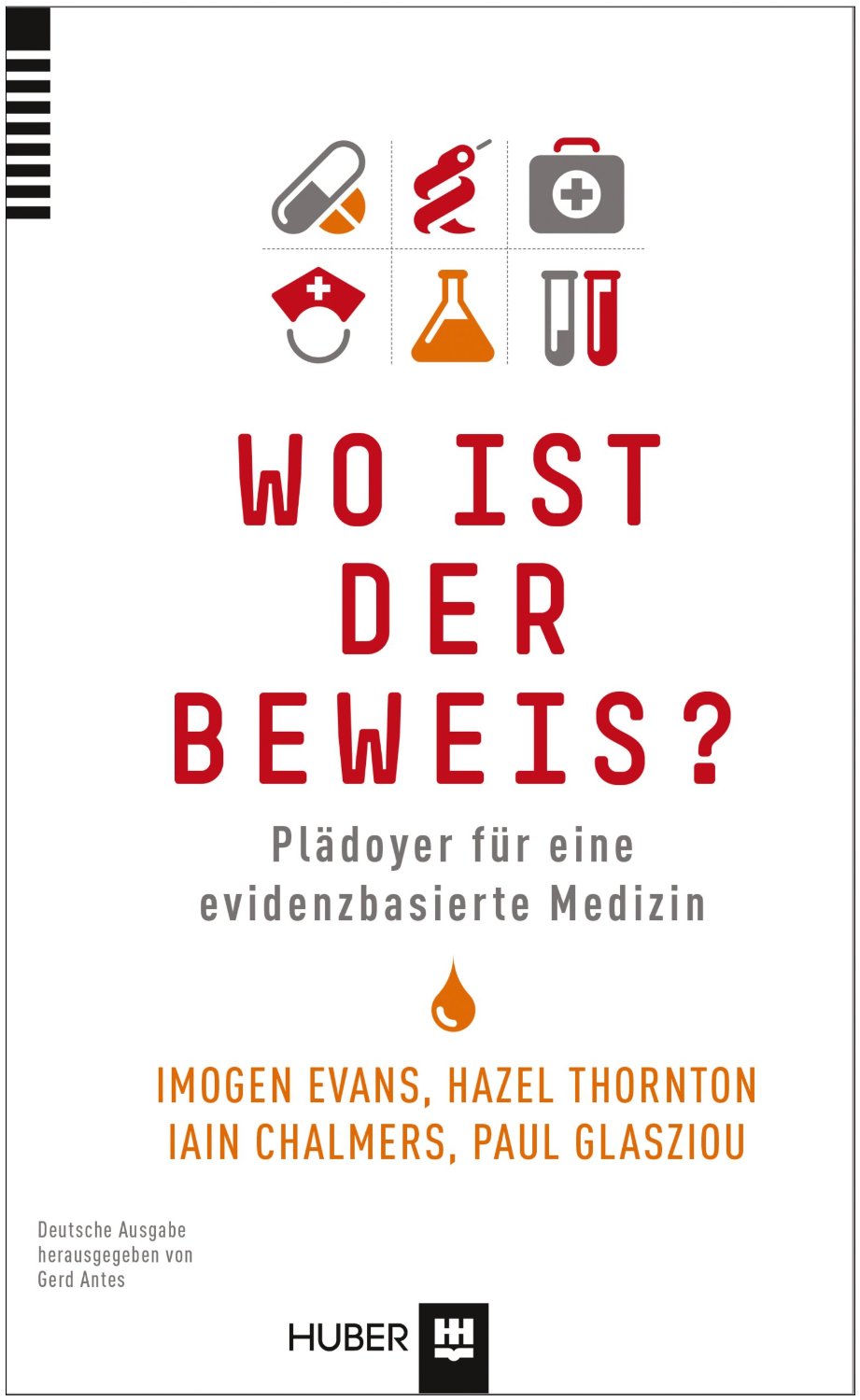Blog
Kommunikation im Wandel
 Laut eines Berichtes der Bitkom ( http://www.bitkom.org ) sind bei Jugendlichen Kurznachrichten mittlerweile wichtiger als Telefonate: Während 94 % der Jugendlichen Kurznachrichten – wie SMS oder Online-Dienste (wie WhatsApp, iMessage, etc…) senden, telefonieren „nur“ 90 % der Jugendlichen. Dies ist ein Beispiel, wie sehr die Kommunikation in den letzten Jahren im Wandel ist.
Laut eines Berichtes der Bitkom ( http://www.bitkom.org ) sind bei Jugendlichen Kurznachrichten mittlerweile wichtiger als Telefonate: Während 94 % der Jugendlichen Kurznachrichten – wie SMS oder Online-Dienste (wie WhatsApp, iMessage, etc…) senden, telefonieren „nur“ 90 % der Jugendlichen. Dies ist ein Beispiel, wie sehr die Kommunikation in den letzten Jahren im Wandel ist.
Eine weitere repräsentative Studie der Bitkom zeigt, dass mittlerweile 78 % der Internetnutzer in Deutschland in einem sozialen Netzwerk (wie Facebook, Twitter, Xing,…) angemeldet, und 67 % nutzen diese aktiv. Bei den 14 - 29-jährigen sind es sogar 90 %.
Weiterhin nutzen 47 % der Unternehmen in Deutschland Social Media und 15% planen die Nutzung konkret, vor allem für die externe Unternehmenskommunikation und um Werbung zu unterstützen.
Care-for-rare Science Award
 Care-for-rare Science Award für Projekte zum Thema seltene Erkrankungen. Bis zum 15. August 2014 können sich junge Wissenschaftlerinnen und Wissenschaftler für einen Care-for-rare Science Award in Höhe von 50.000,- € bewerben. Dabei soll ein Projekt im Bereich der seltenen Erkrankungen eingereicht werden. Weiter Informationen unter: http://www.care-for-rare.org/sites/default/files/ausschreibung_scienceaward_2014_engl.pdf
Care-for-rare Science Award für Projekte zum Thema seltene Erkrankungen. Bis zum 15. August 2014 können sich junge Wissenschaftlerinnen und Wissenschaftler für einen Care-for-rare Science Award in Höhe von 50.000,- € bewerben. Dabei soll ein Projekt im Bereich der seltenen Erkrankungen eingereicht werden. Weiter Informationen unter: http://www.care-for-rare.org/sites/default/files/ausschreibung_scienceaward_2014_engl.pdf
Langzeit-Bevölkerungsstudie

Ein Netzwerk deutscher Forschungseinrichtungen hat deutschlandweit eine Langzeit-Bevölkerungsstudie gestartet, um die Ursachen, Risikofaktoren, mögliche Vorbeugemaßnahmen und Früherkennung von Volkskrankheiten zu analysieren.
In dieser Kohorten-Studie werden 200.000 Menschen im Alter von 20-69 Jahren aus ganz Deutschland medizinisch untersucht, nach Lebensgewohnheiten (z.B. körperliche Aktivität, Rauchen, Ernährung, Beruf) befragt, regelmäßig Blutproben entnommen,
die für spätere Forschungsprojekte in einer zentralen Bioprobenbank gelagert. Nach 5 Jahren und im Rahmen einer Nachbeobachtung über 10-20 Jahre werden alle Teilnehmer erneut zu einer Untersuchung
und einer zweiten Befragung in die Studienzentren eingeladen. Ansprechpartner ist die Geschäftsstelle Nationale Kohorte e. V., Heidelberg.
Plea for evidence-based medicine

How can we know whether one specific medical therapy is more effective than another? What approaches are adequate for testing new treatments? And why do we need these methods?
The book “Testing Treatments - Better Research for Better Healthcare” is a plea for evidence-based medicine, and was published in English in 2006.
The authors Imogen Evans, Hazel Thornton, Ian Chalmers and Paul Glasziou are recognized experts in evidence-based medicine. The core thrust of the book: Only patients who are enlightened and critical can help ensure that beneficial therapies are used in the health care sector and unprofitable ones are omitted. The book has been a great success until now and has been translated into several languages.
The text versions are available free of charge for download on the page Testing Treatments interactive (TTi) (www.testingtreatments.org) or on the pages of the ECRAN project (www.ecranproject.eu).
QuoMedic goes DIA

From 15-19 June 2014 in San Diego (USA) the DIA (Drug Information Association) will be holding its 50th annual meeting.
Visit us at the BBK QuoMedic booth, No. 2309, and discover with us the newest and most innovative technologies and concepts in the field of patient recruitment for clinical studies. We look forward to your visit!
You are also welcome to arrange a personal meeting with our team! info@quomedic.de
Autor: Cécilia Mesa, 28.05.2014
Diabetes und die Teilnahme an klinischen Studien
 Interview mit Herrn W., 20 Jahre, lebt seit 8 Jahren mit Diabetes.
Interview mit Herrn W., 20 Jahre, lebt seit 8 Jahren mit Diabetes.
QuoMedic Wann und wie haben Sie erfahren, dass Sie an Diabetes mellitus Typ 1 leiden?
Herr W. Ich würde nicht sagen dass ich unter Diabetes leide. Diagnostiziert wurde die Krankheit im Sommer 2006 im Alter von 12 Jahren nach einer dreimonatigen Virusinfektion in Zusammenhang mit starkem Durstgefühl und sehr häufigem Wasserlassen. Bei einem Besuch beim Arzt erfolgte nach einer Blutabnahme die Ermittlung des HbA1c-Wertes. Das Ergebnis lautete dann Diabetes mellitus Typ 1.
What other noteworthy particulars are associated with personalized medicine and how do they affect patient recruitment? (Part 4/4)
 The progress medicine has made in the last decades is fascinating, and the substantive discussion of the five medical experts on the subject of personalized medicine during the forum at the Cologne trade exhibition PerMediCon in June 2013 was very impressive.
The progress medicine has made in the last decades is fascinating, and the substantive discussion of the five medical experts on the subject of personalized medicine during the forum at the Cologne trade exhibition PerMediCon in June 2013 was very impressive.
However, after almost 2 hours of scientific discussions between the experts about the best approaches in research and development, a patient who had been suffering from multiple sclerosis for many years spoke up completely unexpectedly at the end of the forum. He was sitting in a wheelchair and had trouble speaking. He was impressed by the possibilities of personalized medicine, but expressed his desire for doctors to simply have more time for their patients in a deeply moving way.
How can we master the current and future challenges of personalized medicine? (Part 3/4)
In terms of patient recruitment for clinical trials, the approach of personalized medicine represents among others:
How widely must the concept of personalized medicine be understood and what challenges arise as a result? (Part 2/4)
 How widely the concept of personalized medicine must be understood was made clear by the example of an expert forum at the Cologne trade exhibition PerMediCon in June 2013, where 5 representatives from various healthcare fields were invited to present their point of view:
How widely the concept of personalized medicine must be understood was made clear by the example of an expert forum at the Cologne trade exhibition PerMediCon in June 2013, where 5 representatives from various healthcare fields were invited to present their point of view:
A family doctor, a pharmacist, a representative of a citizens' initiative for insured persons and patients as well as a researcher from Bayer Leverkusen and a medical technology expert talked about their hopes and the difficulties that are associated with the concept.
All made it clear how important it is to establish a network between the various interest groups, because
What is the story behind the concept of personalized medicine? (Part 1/4)

On 20 and 21 March 2014 PerMediCon will be held in Cologne – a convention that deals with the topic of personalized medicine.
This exciting topic holds many opportunities for the medicine of tomorrow, but not everybody knows what this term really means.
Not only that, but again and again we see that many people have different visions of what personalized medicine should be.
Cultural adaptation
 Cultural adaptation is playing an ever more important role in recruiting patients for clinical trials.
Cultural adaptation is playing an ever more important role in recruiting patients for clinical trials.
Most clinical trials are almost always conducted globally now in several countries or on several continents. This is why the subject of culture adaptation is becoming increasingly important.
However, what is meant with this term is not only the translation of texts. Rather, what is imperative is a review and adjustment of images, phrases or styles of texts, so that the message of the respective trial can also be accepted and understood by the corresponding target group of patients.
Informative cartoon about clinical trials

Within this ECRAN-project a cartoon has been created to show the most important facts about clinical trials. The five-minute movie imparts knowledge about history, organization, development and realization of clinical trials in simple language.
The film is available in many languages: http://www.ecranproject.eu/en/content/sail-along-james-lind
Reference: http://www.ecranproject.eu/
Autor: Dr. Norbert Schmeißer, 22.01.2014
Interview mit Herrn Dr. Kaiser, Institut für Virologie der Uniklinik Köln am 16.12.2013

5 Fragen - 5 Antworten
Ein interessantes Kurzinterview mit dem Institut für Virologie am Universitätsklinikum Köln über das Netzwerk Respiratorische Viren - die Idee, die Entwicklung und die Ergebnisse!
MEDEORA: Herr Dr. Kaiser, Sie arbeiten am Institut für Virologie der Uniklinik Köln und haben mit Herrn Prof. Adams aus der Uniklinik Düsseldorf die Plattform RespVir, ein Netzwerk für respiratorische Viren, gegründet. Können Sie beschreiben, wie das Projekt entstanden ist, und worum es bei RespVir (http://rvdev.medical-dpc.com) geht?
Dr. Kaiser: Vor ca. 5 Jahren hat mich ein Bekannter, der sich mit dem Auftreten von RSV beschäftigt, gefragt, wie man erkennt, wann „RSV-Saison“ ist und wann diese vorbei ist. Bei der Recherche mussten wir feststellen, dass die Datenlage dazu sehr dünn ist. Eine prophylaktische Gabe eines Medikaments ist möglich, wird aber nur bei Frühgeborenen verabreicht, wenn RSV zirkuliert. Ohne eine entsprechende Datensammlung ist ein solches Vorgehen mit großer Unsicherheit belegt, das heißt: Zu früher Einsatz des Medikaments versursacht unnötige Kosten, ein ausbleibender Einsatz trotz zirkulierendem RSV bedroht Leben! Dann haben wir mit Firmenunterstützung das Respiratorische Netzwerk „RespVir“ gegründet. In diese Web-Anwendung können die teilnehmenden Labore ihre Ergebnisse zu den respiratorischen Viren eintragen und in Echtzeit sehen.
Neue Verordnung des Europäischen Parlaments über klinische Arzneimittelprüfungen im Aufbau
Die EU-Kommission hat kürzlich einen Vorschlag für eine Verordnung des Europäischen Parlaments und des Europäischen Rats über klinische Prüfungen mit Humanarzneimitteln vorgelegt.
Part II: Patient Recruitment in Germany, an Inside Look with QuoMedic
This is the second installment of our series showcasing our European Alliance partner, QuoMedic. To read the first interview responses, click here.
Part I: Patient Recruitment in Germany, an Inside Look with QuoMedic
When conducting multinational patient recruitment campaigns, clinical trial sponsors need “on-the-ground” experts with first-hand knowledge of cultural acceptances in each of the study’s locations. Founded by BBK, the Patient Recruitment Global Alliance is comprised of vetted, trained, and experienced clinical trial communications and technology companies. The Alliance works across continents and time zones to meet the demands of today’s complex multinational enrollment challenges.
BBK Worldwide Announces the Formation of Regional “Hub” Leaders for Global Patient Recruitment

Established more than a decade ago as a think tank for global enrollment strategies, the BBK Worldwide Patient Recruitment Global Alliance has grown to represent more than 50 companies around the world. These companies work in collaboration to support the R&D industry with clinical trial recruitment and retention services. Alliance founder BBK announces the creation of regional hub leaders to further enhance its ability to evaluate and train international consulting companies in the marketing discipline of patient recruitment, a necessary step to ensure culturally relevant and seamlessly integrated global offerings.






